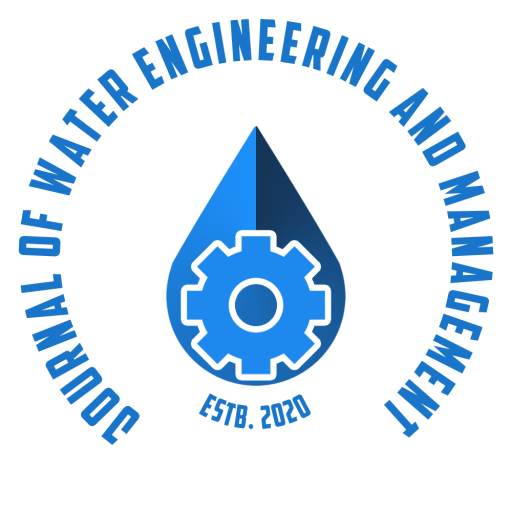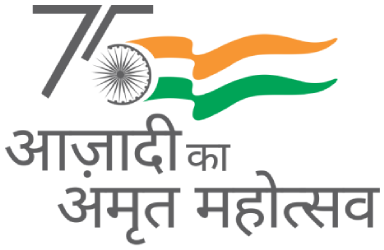Eng. Zulfikar Cader
Former Chairman, Water Resource Board, Sri Lanka,
Email: pduvap@gmail.com
DOI: https://doi.org/10.47884/jweam.v2i1pp37-47
ABSTRACT
Hospitals are highly populated facilities that function 24 hours a day. They generate a large amount of wastewaterthrough various sources which are very complex and hazardous. Furthermore, the emission of healthcarewastewater into the cities sewerage, rivers and groundwater pollute the entire system. Therefore, disposal ofhealthcare wastewater without adequate treatment can cause short and long-term ill-effects to the public’s health.An onsite wastewater treatment would give a dual benefit of preventing the release of hazardous materials intoother sources and bring the wastewater into the consumption cycle. At present, most countries utilize the treatedwastewater to reduce the consumption of potable water. However, the literature review and preliminary studiesrevealed that wastewater management is poorly practised in the Sri Lankan healthcare sector. Therefore, thispaper aimed to identify the extent of wastewater treatment, utilization and management in Sri Lankan state sectorhospitals. The aim of the paper was achieved through a literature review and questionnaire survey. The requireddata were collected from nine state hospitals in Colombo. Findings of the study revealed that a high quality ofwastewater treatment and efficient reuse of reclaimed water is a big challenge for the healthcare sector due to thecomplex nature of the wastewater process, higher cost of treatment and poor management. Moreover, it wasfound that currently wastewater generated from the state hospitals are discharged directly into the city’s seweragewithout any treatment. Finally, this paper discusses the current level of wastewater treatment, utilization andmanagement in the state hospitals and identifies the critical barriers for the lack of poor practice of wastewaterhandling.
Keywords: Healthcare Sector, Reclaimed Water, Wastewater, Wastewater Managemen

